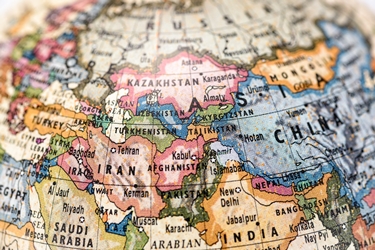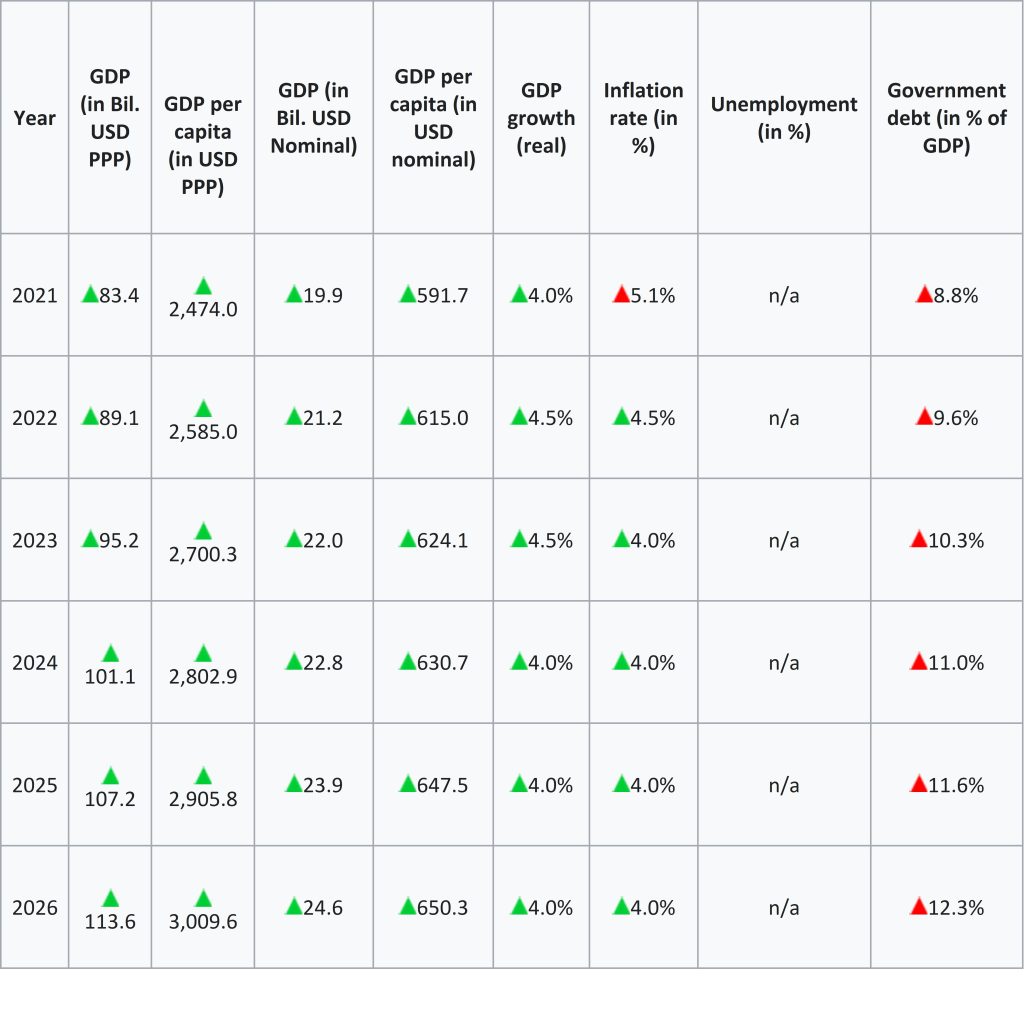Tariq Saeedi
In Central Asia, there is the unanimity among the regional countries to remain engaged with Afghanistan pragmatically. There are many reasons for it.
Over a period of time, we talked to several diplomats and other officials from the regional countries. There were two questions we asked, though phrased differently each time: 1. Why is your country interacting actively with Afghanistan? – 2. Is your country about to recognize the Taliban government?
Here is the gist of our conversations:
▶️We recognize the people of Afghanistan. This has been the part of our pragmatic policy. As the immediate neighbours of Afghanistan, the interest of the people of Afghanistan is always a priority for us. This is regardless of who is in power there.
▶️The recognition of the Taliban has to be a joint decision of the world community. However, we feel that some countries need to reconsider their position and move toward including the Taliban into the world comity.
▶️Logically, what would you prefer? An angry and hungry neighbor that can potentially be a threat to you, or a sated neighbor who is mindful that some of their well-being is ensured by your cooperation?
▶️By including Afghanistan in the connectivity networks, the entire Eurasian landmass stands to gain economically.
▶️In diplomacy, problems are always solved by conversation, by sitting at the table, by engaging the other side. The conversation has to be direct, not through intermediaries, to reach a mutually acceptable solution fast.
In practical terms, we have seen since the fall of the Ghani regime that Central Asia has continued to maintain its diplomatic presence in the Taliban-led Afghanistan. Not only that, a number of new trade and economic cooperation mechanisms have been created to meet the basic needs of the people of Afghanistan. This is profitable for all sides.
As a result, despite being shunned by the wider world community, the Afghanistan under the Taliban has weathered harsh winters and managed to keep its population fed and protected. Admittedly, much of the population exists at the survival level but that too is an achievement when the funds of the country are frozen abroad and the aid money has dried up after the departure of the Ghani administration.
With the situation as it is in some important parts of the world, the question is whether the time is now to recognize the Taliban as the legitimate government of Afghanistan?
The issues related to the gender discrimination, rights of education and employment for all, and other matters, can only be solved by engaging the Taliban, not excluding them.
On the subject of drugs from Afghanistan, the Taliban have imposed a ban on the poppy cultivation. The decree was issued in April 2022 but the crop of 2022 was mostly exempt from it. The ban was strictly enforced in 2023 and the although no data is available on the present position of poppy crop, the circumstantial evidence suggests that the ban has been successful – the prices of synthetic drugs have jumped by 11 times or even more in some parts of the world. The absence of Afghan poppies from the world drug market is being felt at the street level.
Except for some segments of the population, there is wide acceptability of the Taliban among the masses. This is because of the ability of the Taliban to deliver swift justice and eliminate corruption.
Whether the Taliban can manage the economy of Afghanistan in a responsible and competent manner, the following table from the IMF data tells the story:
Is now the time to reimagine the entire approach toward the Taliban, this time keeping the people of Afghanistan in the centre of the matrix? /// nCa, 2 March 2024

